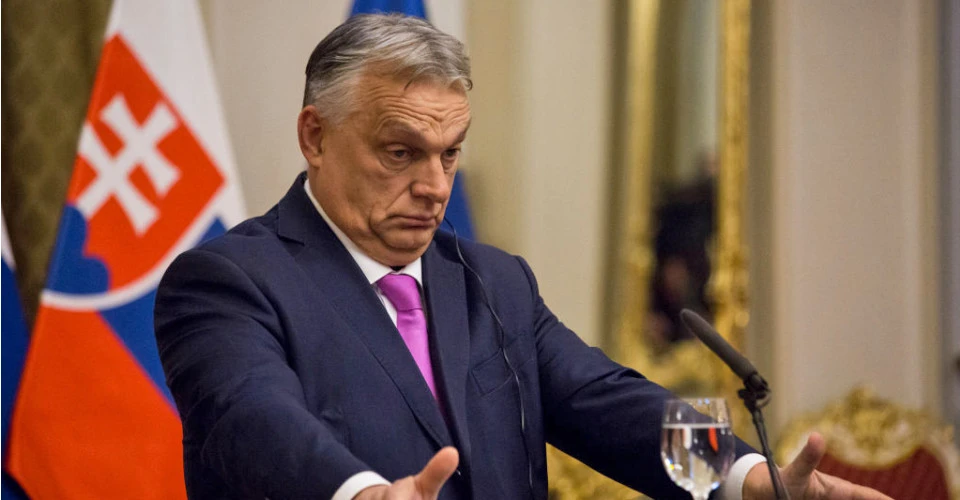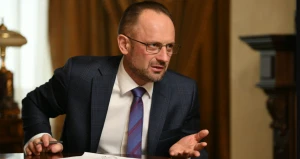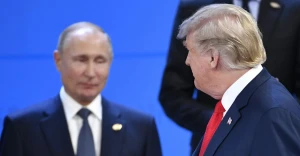
Orban's seesaw: Hungary's PM blackmails EU, Ukraine over gas transit
Hungarian Prime Minister Viktor Orban is permanently blocking EU aid to Ukraine, playing along with Russia and acting as the embodiment of anti-Western sentiments, while also insisting on financing Hungary
Contents
1. Orban's blackmail of Ukraine and the EU over Russian gas transit
2. New Hungarian ultimatums follow shortly after vote to extend sanctions
3. Ultimatums vs. compromises: A long history beyond just sanctions against Russia
4. How Hungary's latest blackmail will impact Ukraine and Europe, and whether the EU can resist it
Orban's blackmail of Ukraine and the EU over Russian gas transit
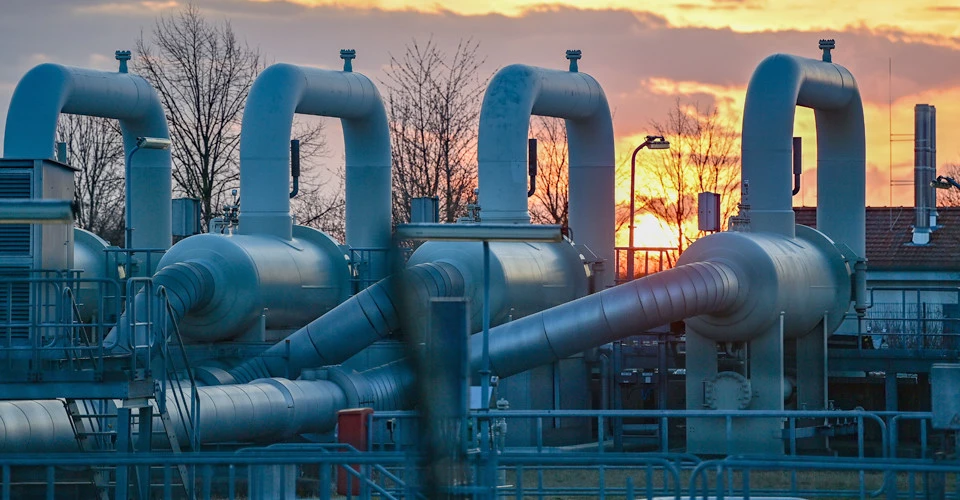
At the end of January, the foreign ministers of the European Union countries agreed to once again extend the sanctions against Russia imposed because of the war against Ukraine. However, this decision could not have been made because of Hungary's position.
Viktor Orban has repeatedly promised to block the extension of sanctions against Russia, demanding certain privileges or very "necessary decisions" in favor of Hungary. This time the problem arose because of Ukraine's decision to stop the flow of Russian gas through the Druzhba pipeline.
Traditionally, the EU extends sanctions against Russia every six months, and this requires unanimity of 27 member states. Accordingly, each vote is decisive. This allowed Hungary to manipulate the situation.
"We refuse to pay the price for other people's wars and will not let anyone threaten the security of our energy supply," Hungarian Foreign Minister Péter Szijjártó said at the time.
Moreover, a few days earlier, Orban himself had said that it was time to "throw sanctions out the window" and establish sanctions-free relations with Russia. In addition, he called Ukraine a serious economic threat to Europe.
The sanctions that were to be extended include all sectoral trade bans, as well as measures that froze the assets of the Russian central bank. Therefore, the lack of unanimity on this issue is very critical for Europe and creates problems for the G7 countries.
Realizing all this, Orban kept the intrigue until the last, demanding that the European Union convince Ukraine to resume gas transit from Russia to Europe. He once again repeated his statements about the sanctions, emphasizing that they allegedly caused Hungary losses of 19 billion euros.
Meanwhile, Polish Prime Minister Donald Tusk condemned Orban's potential steps, saying that blocking sanctions at a critical moment in the war in Ukraine would show that Hungary supports Russia.
"If Viktor Orban really blocks European sanctions at a crucial moment for the war, it will be absolutely clear that in this great game for the security and future of Europe, he is playing on Putin's team, not ours. With all the consequences that this entails," he said at the time.
Instead, Hungary promised to consult with the U.S. on the need to maintain sanctions and continued its threats just before the vote.
In the end, just before the vote, Orban and the EU reached a compromise. Budapest backed down in exchange for a statement addressing Hungary's concerns about "energy security." However, Polish Foreign Minister Radosław Sikorski believes that Hungary’s decision to withdraw its veto and allow the extension of EU sanctions against Russia was influenced by U.S. President Donald Trump.
Whether this calm will endure, however, remains uncertain.
New Hungarian ultimatums follow shortly after vote to extend sanctions
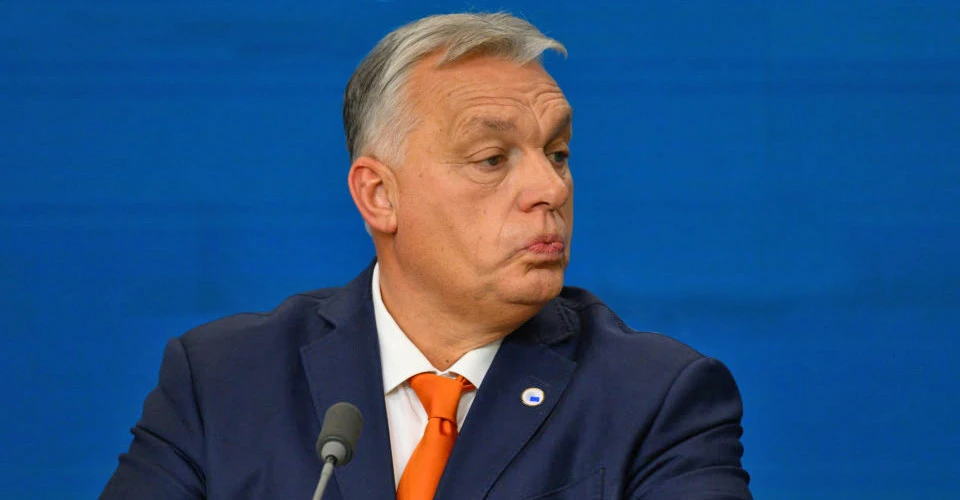
Of course, with 6 months remaining until the next vote, the tension should have eased since the immediate danger has passed. However, within just a few days, a new ultimatum emerged from Orban, who promised that next time, he would not only block the sanctions but work to cancel them entirely.
Hungarian Prime Minister Viktor Orban has now threatened to block EU sanctions against Russia, claiming that restrictions from Brussels are harmful, while those from Donald Trump are beneficial.
"The Americans don't want sanctions, they want peace, and the Europeans want sanctions instead of peace. The Americans want peace, and one way to get peace is through sanctions," the Hungarian prime minister argues. "They say, 'Negotiate, but if you don't negotiate, you can get even tougher sanctions.' But these are two completely different schools of thought."
The populist Hungarian leader has a history of threatening to use his veto power over EU sanctions against Russia, though it has never come to that. However, he now asserts that if the European Commission fails to deliver on the energy security guarantees promised to Budapest, he is serious this time.
"A decision on sanctions should be made every six months. And if the European Commission fails to deliver on its guarantees, we will not only discuss lifting sanctions, we will lift them," Orban said, adding, "One country can do it. If we really have to, Hungary can say: 'Well, now everyone should go home.' We turn off the lights, we lift the sanctions, we all go home. But this is a very tough decision, and it should only be used as a last resort."
Once again threatening a ban for the next vote, he said that this week Hungary received guarantees from the EU executive to resume gas transit through Ukraine. However, he will veto the European Union sanctions against Russia when their extension is due in six months if Ukraine does not resume Russian gas transit by then.
"If the promise is broken, we will not only propose to lift the sanctions, but also cancel them," the Hungarian prime minister stressed.
Meanwhile, Portuguese MEP José Manuel Fernandes pointed out that one should not yield to this blackmail, stressing that it is unacceptable for a single Hungarian prime minister to harm 450 million European citizens.
Ultimatums vs. compromises: A long history beyond just sanctions against Russia
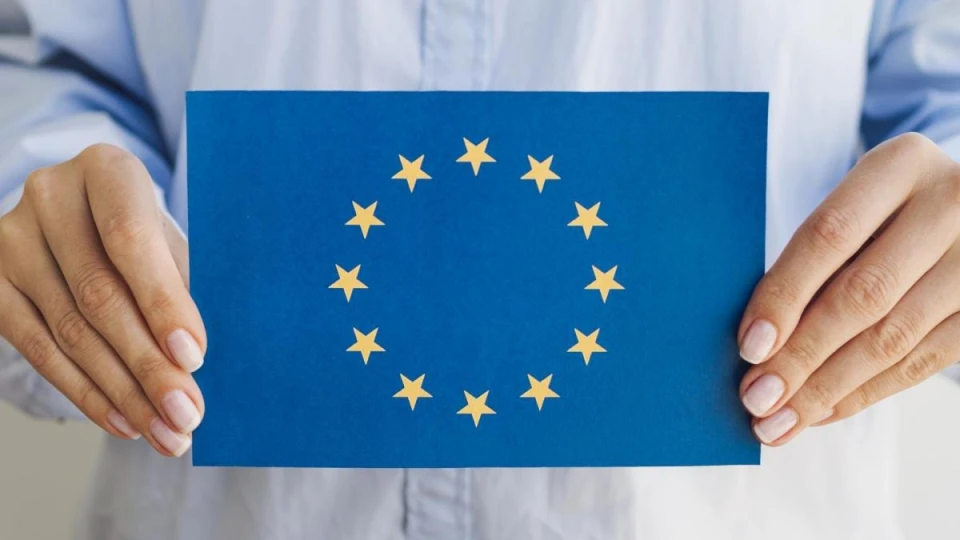
Hungary, through Prime Minister Viktor Orban, systematically uses its veto power to advance its own economic and political goals, consistently demanding new concessions from the EU in its favor. It is important to note that these demands frequently impact Ukraine’s interests, future, and security.
In particular, there have been instances of Orban's attempts to hinder the allocation of aid to Ukraine, where he sought to make it subject to annual approval. However, EU leaders were able to overcome his veto.
Additionally, the start of negotiations on Ukraine's EU accession, without blackmail or ultimatums, also displeased the Hungarian Prime Minister. He then put forward 11 demands to Ukraine regarding the rights of the Hungarian minority in Transcarpathia, many of which were non-negotiable red lines. These demands required lengthy discussions and concessions from both sides. Ultimately, compromises were reached once again.
The actual start of the first negotiation cluster on Ukraine's accession to the EU is tentatively scheduled for April-May 2025. And the European Union is set for a constructive dialogue with the Hungarian Prime Minister in order to avoid a possible blockade of the negotiation process.
How Hungary's latest blackmail will impact Ukraine and Europe, and whether the EU can resist it
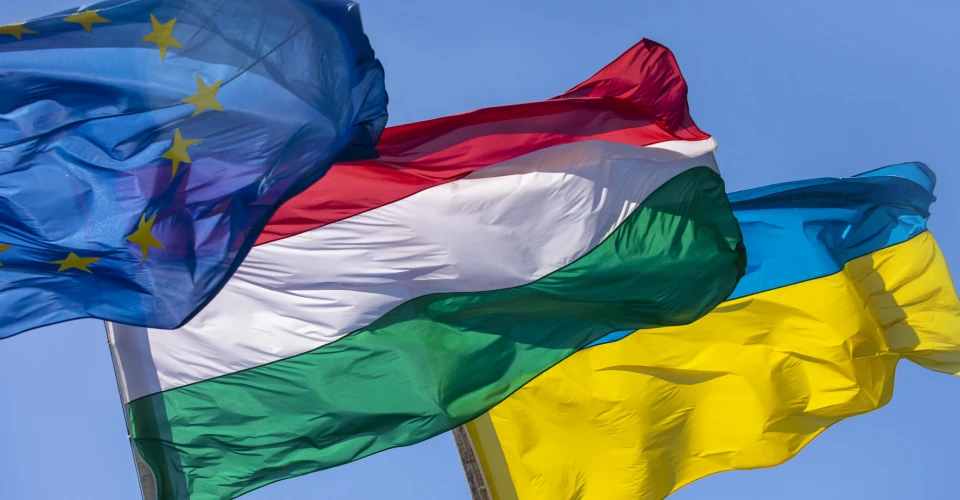
On the topic of sanctions against Russia, Hungary demands that the European Union put pressure on Ukraine to resume the transit of Russian gas, and now it only depends on the EU's decisions whether they will take such a step.
After all, such concessions to Hungary may seem like a dangerous precedent for the future, which will not only likely weaken Ukraine's position against the background of the already difficult struggle in the war with Russia, but will also have a negative impact on the energy policy of Europe, which is trying to distance itself from Russian energy carriers.
Budapest is already methodically using the veto option to its advantage, and when it sees concessions, it may use this tool even more actively. In addition, this affects the interests of American exporters, who are already negotiating long-term gas supply agreements, and contradicts the U.S. intentions to reduce the price of gas and oil.
Hungary's policy in practice once again demonstrates how complex the decision-making process is in the European Union. And here it is worth recalling that at the end of 2022 and throughout 2023, a number of EU leaders discussed the idea of abandoning the principle of unanimity in decision-making on the common foreign and security policy. This method would probably help avoid abuse of the veto right by individual members.
It is also currently being said that the issue of resuming the transit of Russian gas through Ukraine will probably be decided by the European Commission. And this decision will indicate how ready the EU is to give in to blackmail from individual countries.
- News







